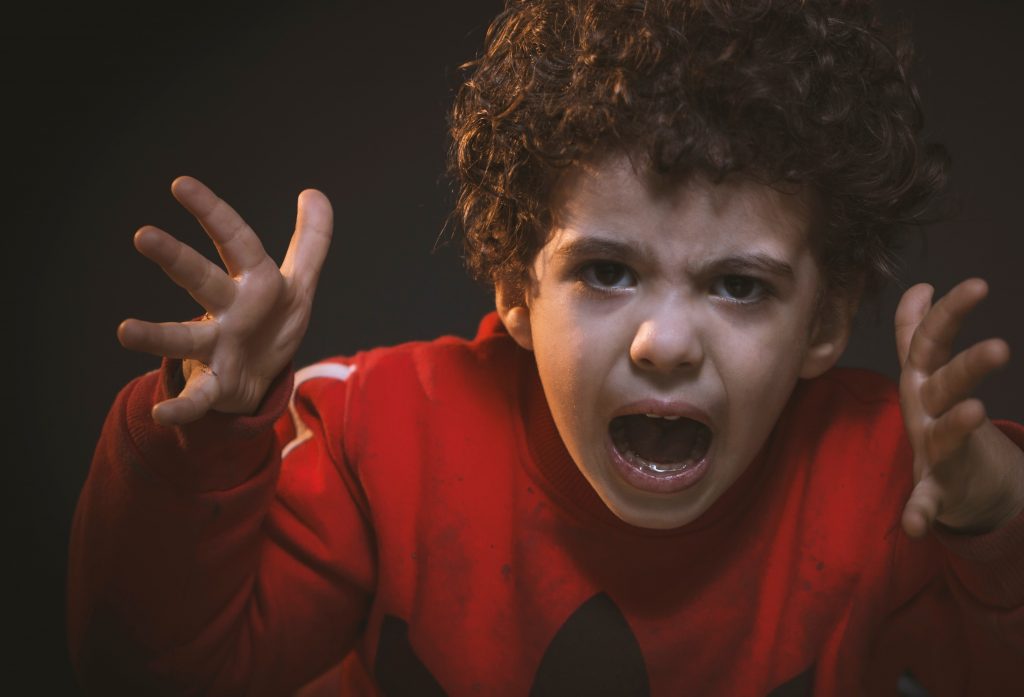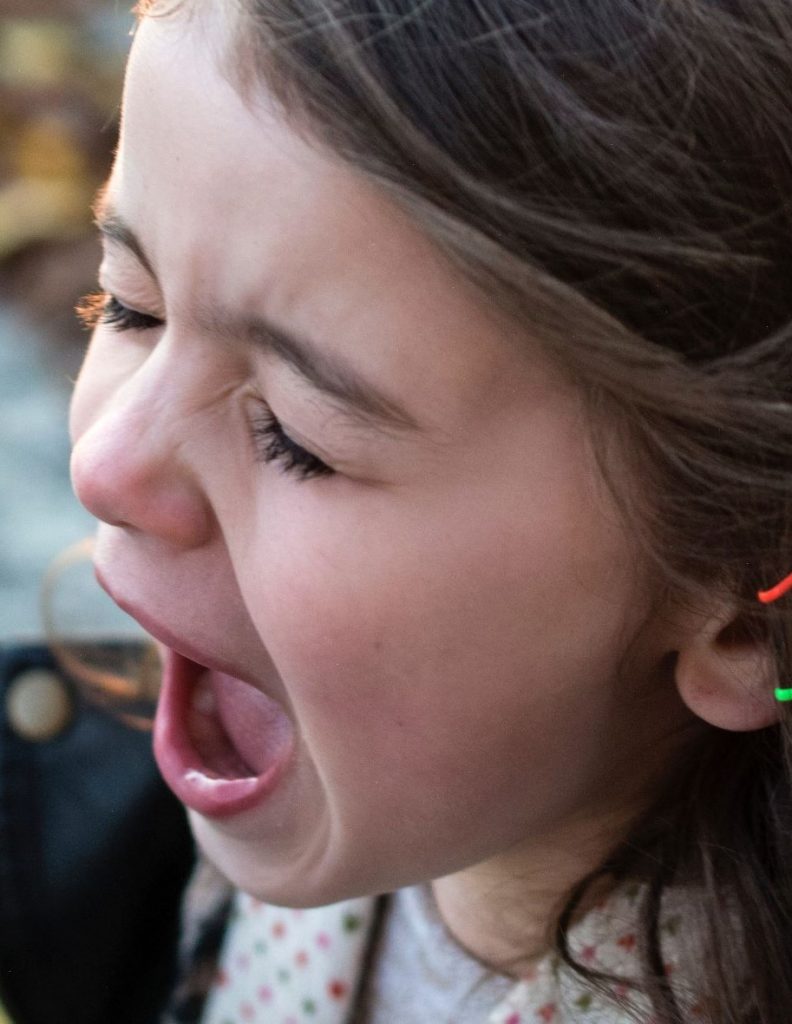
Photo by Mohamed Abdelgaffar from Pexels
Depression in children is tricky to diagnose. Children who are depressed do not always have the same symptoms as adults.
The list of possible symptoms is long. Here I am going to look at those we are most likely to see at school.
Grouchy, crabby, or prickly and prone to anger
Some children act out when they are depressed. They take offense at the littlest thing. They grump and complain through the day, refusing to do this or that or becoming angry and shouting or saying something offensive.
Verbal outbursts or crying
The irritability can lead to children to talk back, blurt out, or even cry. Often these behaviors seem to come out of the blue and finding the antecedent is difficult.
Distractible or
Short Attention Span
Almost all children distract easily and children do not have the
attention span of an adult. One rule of
thumb is that children usually have an attention span of their age in
minutes. That is, a five year old would
have about a five minute ability to focus, a ten year old would have ten
minutes, etc. Children of any age must
practice stamina to stick with an activity.
A depressed child may have an even shorter attention span, or an uneven
one where s/he can be focused for X minutes today but only half that tomorrow.
Social Withdrawal
A depressed child may pull away from his/her usual friends. S/he way stand on the sidelines during recess
when s/he used to be actively engaged in kickball or swinging from the monkey
bars. When working in small groups, s/he
may be quiet, apparently day-dreaming instead of joining in.
Sensitive to
Rejection
A depressed child may seem to over-react when s/he feels rejected. If a friend wants to play with someone else
s/he may act out or cry. If s/he gets a
low score on a test, s/he may act as if it is the end of the world. Things that other children are able shrug off
seem to hit the depressed child like a ton of bricks.
Sometimes we pass these behaviors off as the child being immature for his/her age. We may characterize him/her as “needy” or “moody”.

Of course, all children demonstrate these symptoms from time to time. A child may be depressed if these behaviors persist. This is where is careful record-keeping can help.
There are many ways to keep track of children’s behaviors. Some teachers have a three ring binder with alphabet tabs and a sheet of paper for each child. Others keep a card file box with a card for each child.
I’m afraid those teachers are far more organized than I am. I learned to have a file folder for each child. I would jot down a thought or an observation about a child on any scrap of paper, date it and drop it into the file folder. When it was time to talk to a parent or colleagues about the child, I would take out the file and organize the slips of paper into chronological order. I could add to the information to expand on my chicken scratches.
You may have an entirely different system that works for you. The important thing is to jot down the behaviors you observe so that you can report it as needed.
If we see a child who persistently shows the behaviors, or some of the behaviors above, we can say, “Kathryn seems to be depressed.” We are not psychologists so we cannot diagnose, but we can express our concerns.
If we see some of the symptoms above, we do have an obligation to report them to the child’s parent and to ask for assistance from the school counselor or behavior intervention team.
Sadly, when I was a principal, I often saw children who seemed depressed who had gathered such a negative reputation that teachers labeled them as “bad”, “naughty”, or said the child didn’t care, or was doing this or that “because she just wants attention”.
Take a look at THAT student. Try to look past the frustration that you feel about his/her behaviors. Could s/he be depressed? Sometimes even just considering that there is a cause for the behavior aside from seeking attention or trying to deliberately get under the teacher’s skin can change how we feel about THAT child.
